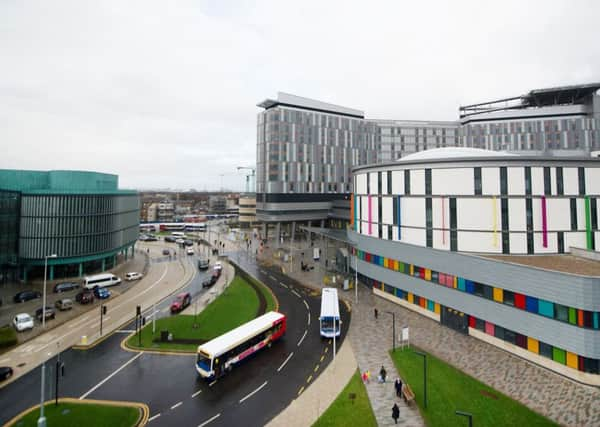Waiting times performance drops below 90% as demand rises


In the week ending December 11, 89.9 per cent of patients were seen and either admitted, transferred or discharged within four hours at core A&E units - falling short of the Scottish Government’s 95 per cent target.
A total of 284 patients (1.1 per cent) spent more than eight hours in A&E while 48 patients (0.2 per cent) spent more than 12 hours.
Advertisement
Hide AdAdvertisement
Hide AdThe figures show there were 25,351 attendances during the week, up 5 per cent on the same week the previous year.
At the flagship Queen Elizabeth University Hospital in Glasgow, 75.9 per cent of patients were seen in the four-hour target time.
Health Secretary Shona Robison said: “We are monitoring A&E performance closely to ensure no-one is waiting longer than absolutely necessary in our emergency departments.
“This week has been particularly challenging for some of our hospitals with demand increasing by over 5 per cent compared to the same week last year - over 1,200 more patients.
“This increase in demand has affected waiting-times in some areas of the country and we are working particularly closely with those health boards affected to identify and implement immediate solutions.
“This includes reducing delayed discharge and implementing tailored local actions that will support the smooth flow of patients through hospital.
“Nationally, however, nine out of ten patients are still being seen and admitted, transferred or discharged within four hours in Scotland’s emergency departments, with our A&Es consistently outperforming other areas of the UK for at least the past 20 months.
“We have put record investment and increased levels of staffing into our hospitals to achieve this - including an extra £12 million over winter to support unscheduled care and additional preparations for this particularly busy time of year.”